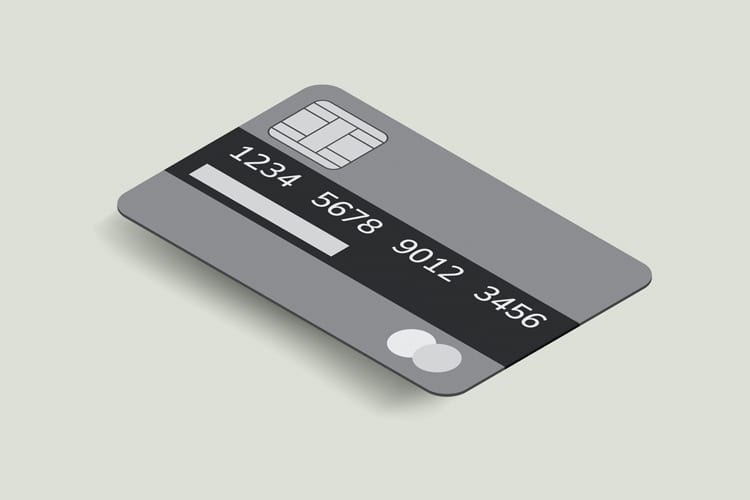How to Dispute Credit Card Charges

We’ve all experienced the sinking feeling of finding a major error on a credit card statement. You definitely didn’t spend $400 on tech yesterday, but there’s the charge on your statement, bold and in your face.
Fortunately, you do have a way to fight credit card errors by filing a credit card dispute. The Fair Credit Billing Act (FCBA) was enacted to protect “open-end” credit accounts like credit cards, department store accounts, and revolving charge accounts. According to the FCBA, you have the right to dispute credit card charges resulting from fraud, billing errors, or complaints regarding the quality of your purchase.
Here’s everything you need to know to file your own credit card dispute properly.
Spotting Credit Card Fraud vs. Billing Errors
Not all credit card charge errors are created equally, so it’s essential to understand the difference between fraud and billing errors.
Credit card fraud occurs when your card is hit for an unauthorized charge. It could be accidental, but it could also result from thieves and hackers who steal your information and go on an unlawful shopping spree.
Billing errors, on the other hand, occur when a legitimate charge is misrepresented on your billing statement. For example, a single charge might occur twice, or a return may fail to process correctly.
When to Contact the Vendor or Card Company
The Fair Credit Billing Act (FCBA) allows consumers to dispute charges under certain circumstances. If you believe your credit card account is the victim of any of the following mistakes, reach out to your credit card company immediately:
- You were charged the incorrect amount on a purchase
- You didn’t receive credit for a returned item
- You were charged for items or services you never received
- You were charged for purchases you never made at all
The FCBA allows the dispute of fraudulent charges (for purchases you never made) within 60 days of the transaction. The maximum liability you may face for a fraudulent charge is $50, most card issuers offer $0 liability policies to ensure you receive all of your money back. You’ll also need to cancel your existing credit card and receive a new card in the mail to prevent another instance of fraud.
Billing errors, which include being charged the wrong amount or never receiving what you ordered, must also be reported within 60 days under the FCBA. It’s best to send your written letter by certified mail so that you have proof of your communication.
You can also try contacting the vendor responsible for the charge directly before you involve your credit card company. The vendor will likely reimburse you for the difference if it’s an honest mistake. However, if the vendor is unresponsive or refuses to help your situation, you must file a dispute with the credit card company.
How Chargebacks Work
A chargeback reverses the credit card sale in question. It removes the charge from your bill entirely and returns it to the original merchant. Consider a chargeback your safety net if the original merchant refuses to help you resolve your dispute.
Even the threat of a chargeback may be enough to encourage the vendor to provide a refund for the disputed purchase in question. Chargebacks hit merchants hard; not only do they incur chargeback fees and higher processing rates, but they also lose credibility.
Read More: Credit Karma Review: More Financial Tools, Zero Costs










